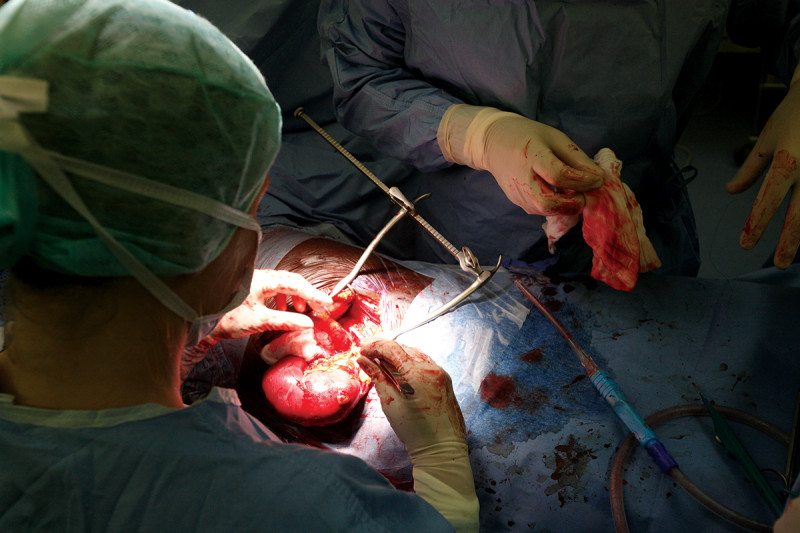“The American Kidney Fund is pleased with the Congressional Budget Office’s (CBO) scoring of H.R. 5534, the Comprehensive Immunosuppressive Drug Coverage for Kidney Transplant Patients Act of 2020, which estimates the bill will reduce direct federal spending on Medicare benefits for some kidney transplant patients by $400 million over 10 years.
“H.R. 5534 will add a new Medicare coverage option solely to cover immunosuppressive drugs used by kidney transplant patients under age 65. People with transplants must take immunosuppressive drugs or their body will reject the transplanted organ. For people with a kidney transplant, the devastating impact of losing their kidney means they will have to go on dialysis or try to find another kidney-a daunting task with close to 100,000 people on the wait list.”
Read the full statement by AKF, here.







